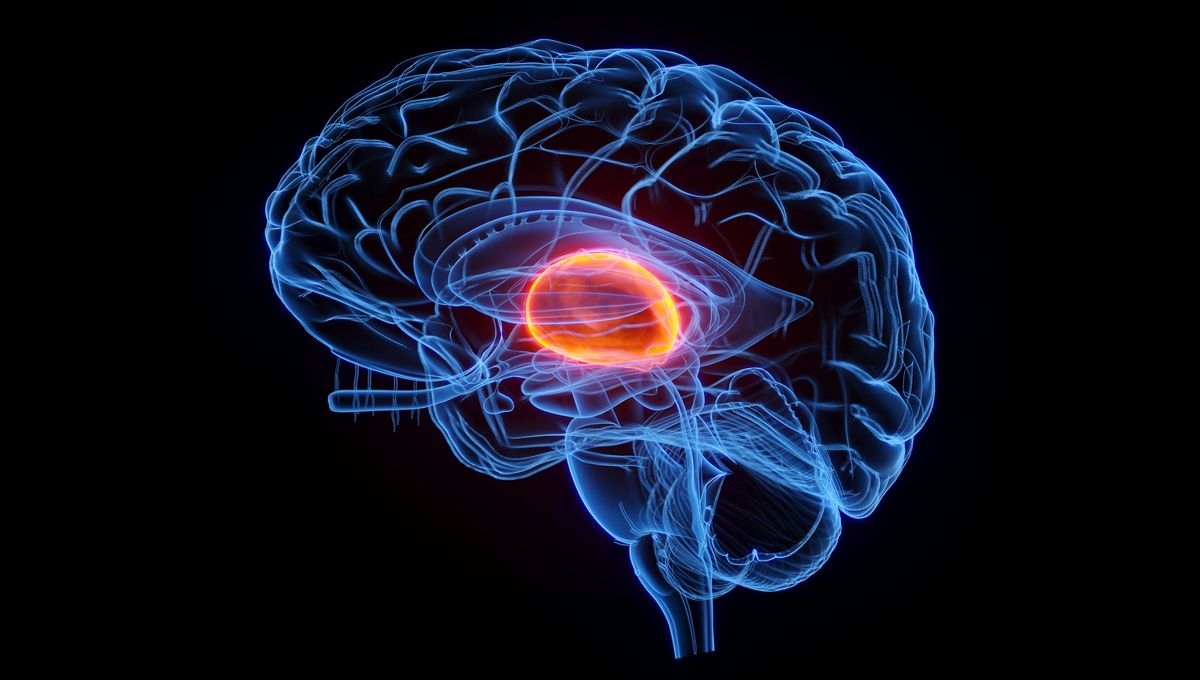
A brain implant that could help restore cognitive function after a traumatic brain injury (TBI) has been shown to be safe in a small clinical trial. The treatment delivers stimulation to key circuits deep within the brain, and produced promising results for the five participants in the trial without any serious side-effects.
According to the most recent data from the Centers for Disease Control and Surveillance (CDC), there were around 214,110 hospital admissions related to TBI during 2020, and 69,473 deaths – and this doesn’t include people who were only treated in the emergency department or did not receive treatment. For those who survive the initial injury, there’s a risk of long-term health issues.
TBI occurs after a head injury, and the symptoms and risks change depending on how severe the injury is. Mild TBI, such as from a concussion, may resolve in a few days – although research is now showing how repeated impacts can lead to issues further down the road. Moderate and severe TBI, on the other hand, can lead to survivors having lifelong disabilities.
In the US, the most common causes of moderate and severe TBI are falls and firearm-related incidents, but another is motor vehicle crashes. That’s what happened to Gina Arata, one of the five patients who completed the recent clinical trial. Her injury back in 2001 completely upended her life plans.
“I couldn’t remember anything,” said Arata in a statement. “My left foot dropped, so I’d trip over things all the time. I was always in car accidents. And I had no filter – I’d get pissed off really easily.”
In 2018, Arata underwent a surgical procedure to have a device implanted deep inside her brain. After she had recovered from the surgery and the device was switched on, the effect was almost instantaneous. When asked to list items found in the produce section of the grocery store, Arata named numerous fruits and vegetables; when the device was switched off, she couldn’t remember any.
How does the implant work?
The implantable device targets a region of the thalamus called the central lateral nucleus. It’s a hub that connects to other brain areas and is involved in many aspects of consciousness. In patients with TBI, most of these pathways and connections are still there, but aren’t firing as strongly as before.
“It’s as if the lights had been dimmed and there just wasn’t enough electricity to turn them back up,” explained co-senior author of the study Dr Jaimie Henderson.
For Arata and the other trial participants, who were aged between 22 and 60 and had sustained their injuries three to 18 years prior, the team had to precisely pinpoint where the device would sit in the brain. As everyone had different injury histories – and everyone’s brain is slightly different to begin with – this was a challenge that required the use of sophisticated modeling tools.
“It’s important to target the area precisely,” Henderson said. “If you’re even a few millimeters off target, you’re outside the effective zone.”
The study period was 90 days long, and the devices were switched on for 12 hours per day. At the end of this period, the participants took a test assessing their ability to focus, concentrate, and plan under timed conditions.
“The only surprising thing is it worked the way we predicted it would, which is not always a given,” said Henderson. In fact, it worked better than expected: the average improvement on the test was 32 percent, far over the 10 percent the team hoped for. It was so good that they had a hard time convincing any of the participants to agree to have their device switched off for a later part of the study.
For the patients, like Arata, the treatment meant they could go back to doing activities that had not been possible since their injuries.
“Since the implant I haven’t had any speeding tickets,” she said. “I don’t trip anymore. I can remember how much money is in my bank account. I wasn’t able to read, but after the implant I bought a book, Where the Crawdads Sing, and loved it and remembered it. And I don’t have that quick temper.”
“In general, there’s very little in the way of treatment for these patients,” said Henderson. But it’s hoped that if this treatment is validated in a larger clinical trial, that rather bleak outlook may be about to change.
The study is published in the journal Nature Medicine.
Source Link: Pioneering Brain Implant Restores Patients' Cognitive Function Years After Traumatic Brain Injury